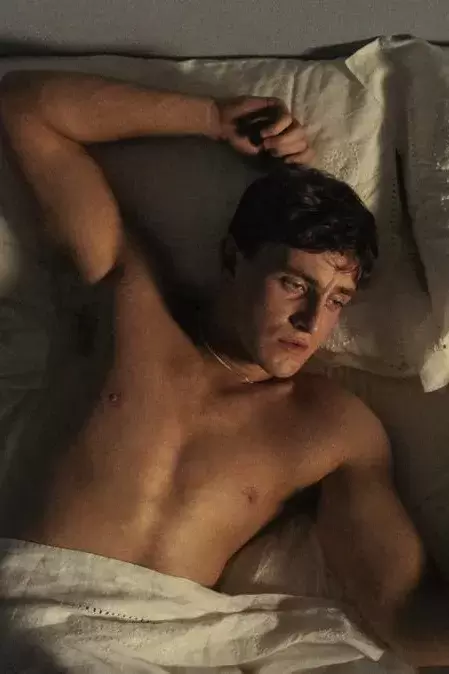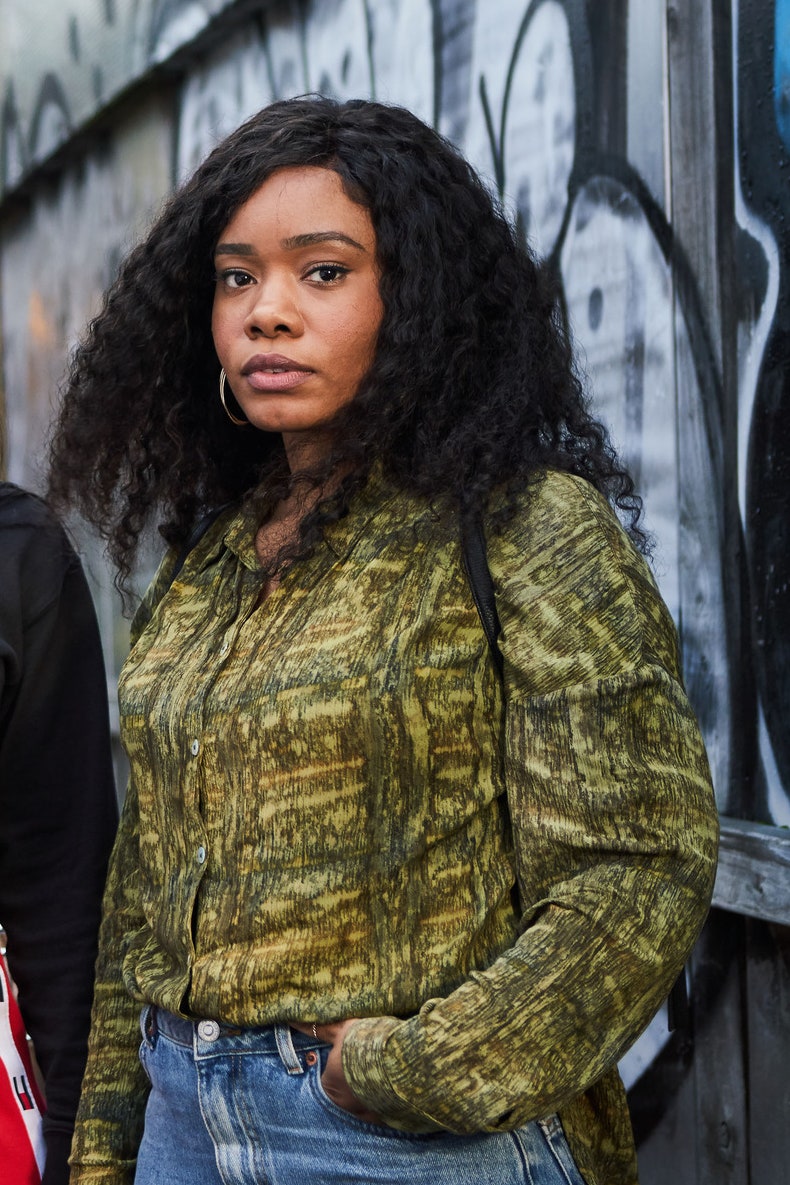Yeah, sure. When I was reading the script, I completely forgot that I was going to be the one doing that particular scene. It was a lot to take in when I finally realised. But in reality, I was so looked after; on set, we had the most incredible intimacy coordinator, Ita O’Brien. She is an absolute legend in the intimacy coordination world and she physically held my hand, looked after me and my performance would not have turned out the way it did without her being there.
I’ve been doing this acting thing for eight years now, and intimacy coordinators weren’t really a thing when I first started out so I have been in situations where I felt uncomfortable or compromised. But for this, O’Brien just made sure I felt safe and comfortable, despite the fact that I was sitting there with my legs wide open—which is quite a weird thing to find yourself doing all day long.
More . . .







 RSS Feed
RSS Feed
